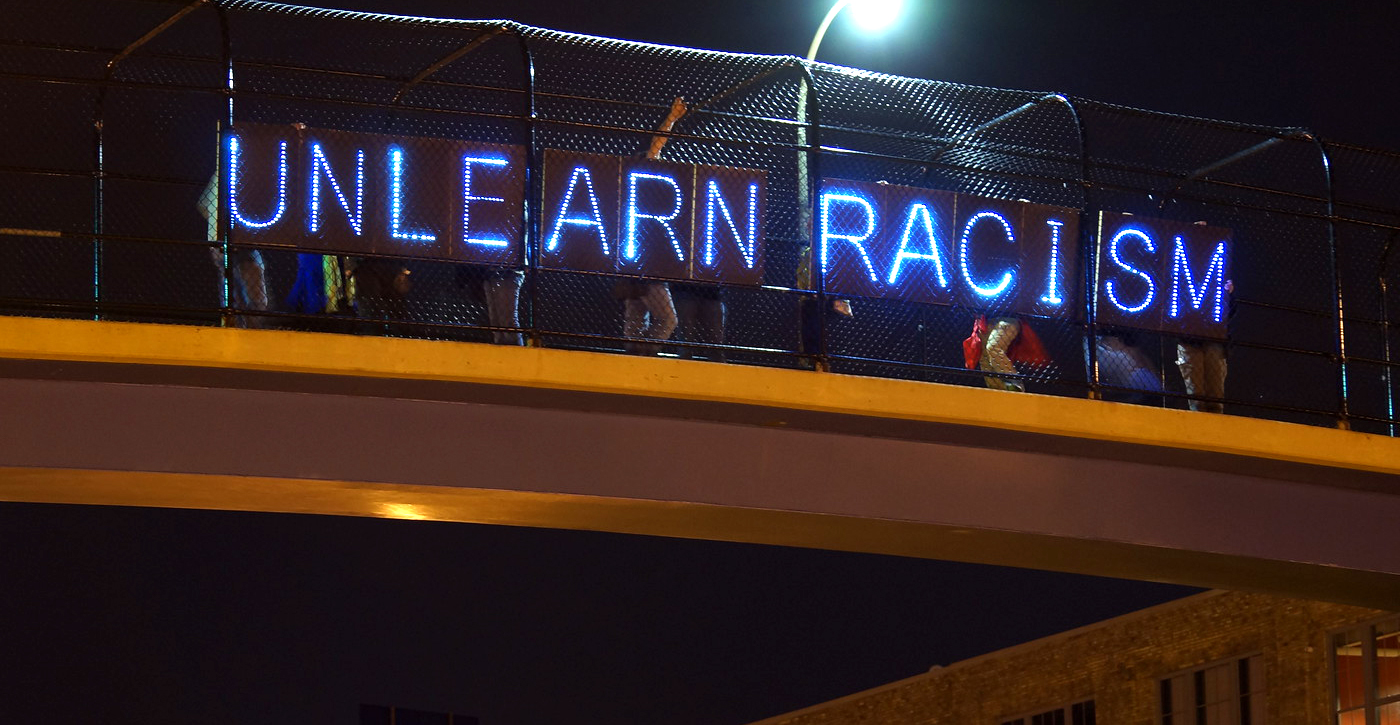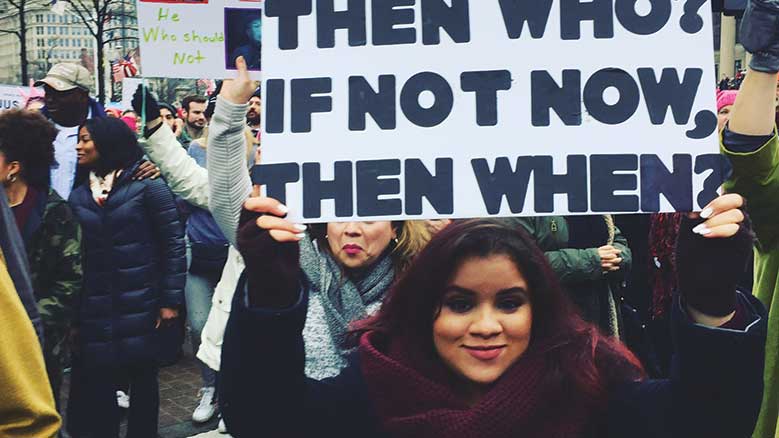One of the most well-known embodiments of Quaker witness in the world was founded 100 years ago this month. While those involved with Friends understand the complex web of meetings and organizations and associations and initiatives, the outside world often sees American Friends Service Committee as the spokes-organization for Quakers.
Yet relations with the rest of the Religious Society of Friends have been complicated from the beginning. In 1918, cofounder Henry Cadbury was pressured to leave his job at the Quaker Haverford College because he publicly advocated a merciful peace with Germany, a story told here by David Harrington Watt and James Krippner. What would seem to be a very Quakerly sentiment was controversial, even at a Friends school. Remarkably similar debates continue to take place with some frequency.
There are a number of creative tensions built into the DNA and culture of AFSC that have helped it adapt and evolve since its founding in the turmoil of the First World War. In our lead article, current general secretary Shan Cretin reports that AFSC was barely two years old when the Treaty of Versailles ended the fighting and created an existential crisis about whether its work should continue.
The group found that continued purpose in the 1920s, working in relief efforts, combating anti-immigrant sentiment, and working on “home service” efforts around interracial relationships. These are remarkably modern needs indeed and the Service Committee has continued to grow into advocacy work around a host of interrelated social justice issues. Bay Area Friend Laura Magnani gives an inspiring big-picture overview of much of AFSC’s work today. In recent years, AFSC has consciously reached out to Quakers through a Friends Relations program; its director, Lucy Duncan, is a familiar voice to Friends Journal readers, and here she shares the story of that deepening relationship.
I think Quakers form something of the institutional memory of AFSC, a grounding presence that challenges both groups in useful ways. Just before we sent the issue to press, I talked with Joyce Ajlouni, who will become the next AFSC general secretary in September. She grew up as a third-generation graduate of the Friends school in Ramallah, Palestine. I was struck with the genuine joy in her voice as she talked about her love of engaging in difficult conversations—with fellow Quakers, with Zionists, with so-called “alt-right” thinkers. Deep listening and bold conversations are needed now more than ever. I’m confident American Friends Service Committee will continue to be in good hands as it enters its second century.
Friends Journal and its predecessor magazines, The Friend and Friends Intelligencer, have been covering AFSC since its founding. Our archives are full of fascinating real-time coverage of many of the stories in this issue. This issue includes Quaker Works, our twice-annual compendium of news from dozens of Quaker organizations around the world. We are thrilled and honored to welcome a new volunteer news editor, Sally Wiedenbeck, who has helped put it together. Hailing from Minneapolis, Minn., she is a convinced Friend who works as an instructional designer for professional education. Her FJ duties also include editing our regular news columns. We are humbled by the many applicants who applied for this position and for the ongoing work of the volunteer editors who help us communicate Quaker experience to you, our readers.
In Friendship,
Martin Kelley
Senior Editor
martink@friendsjournal.org





Comments on Friendsjournal.org may be used in the Forum of the print magazine and may be edited for length and clarity.